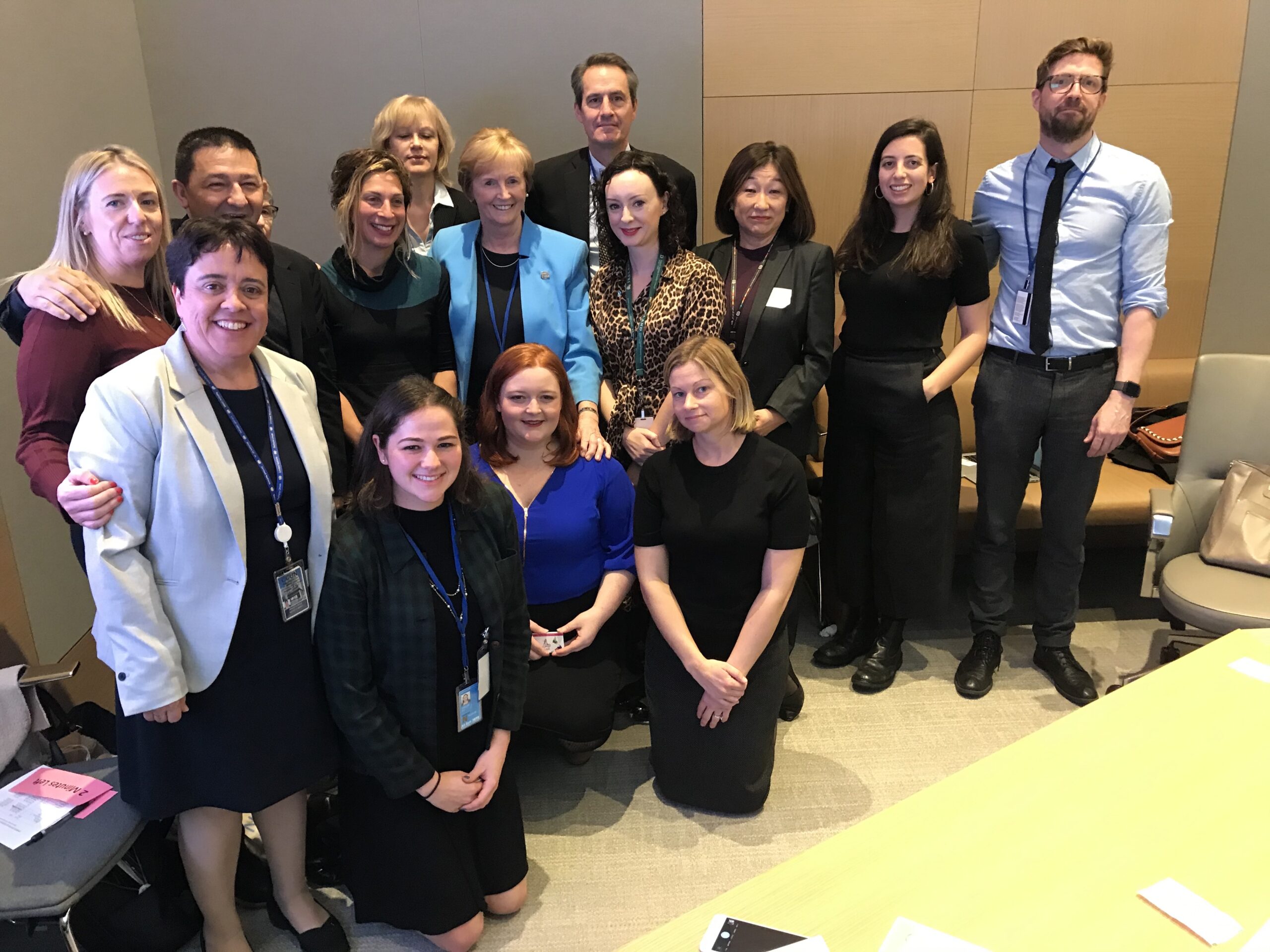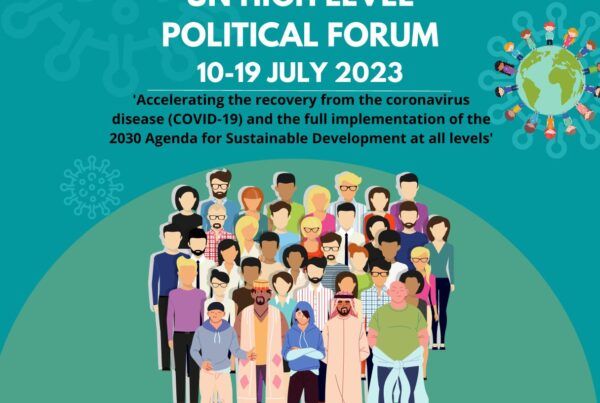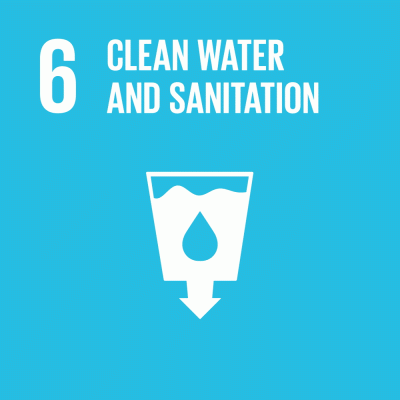UNANIMA International hosted a “Symposium on Women and Children/Girls Experiencing Homelessness/Displacement” at the Baha’i International Community Center, in New York, on October 17th, 2019. The event comprised presentations by thematic experts in the area of Homelessness, as well as an individual with a “lived experience.” The symposium was hosted in preparation for the 58th Session of the Commission for Social Development, which will take place in February 2020. This Commission will be a landmark occasion, as for the first time in the history of the United Nations, Homelessness will be discussed as part of the priority theme: “Affordable Housing and Social Protection Systems for all to Address Homelessness”.
The goal of the symposium was to lay the groundwork for the paradigm shift that is needed in understanding homelessness, highlight the particular plight of homeless women and children/girls, and focus on how to best advocate for them during this upcoming Commission and into the future. The event was moderated by Sr Angela Reed, of Mercy Global Action. She introduced Fr Guillermo (Memo) Campuzno, C.M. from the Congregation of the Mission and The Working Group to End Homelessness, who gave an overview of the issue. He emphasised the role of civil society to advocate for affordable housing and social protection systems for women and children, who are systematically “left behind.” Delegate from the Irish Mission, Caoimhe Ní Chonchúir, echoed this sentiment when she said that civil society must make governments accountable.
The next speaker on the panel was Leilani Farha, the UN Special Rapporteur on Adequate Housing, Homelessness, and Human Rights. According to Leilani, there needs to be a paradigm shift in the way we view homelessness. Instead of criminalizing homeless people when they try to do the things required to survive as a human being, we need to see homeless people as “rights holders” who have been failed by the State. Thus, this shift requires a human rights framework, and an understanding that homelessess results from the failure of the government to effectively implement the right to housing.
Renata Kaczmarska from the UN Focal Point on the Family, spoke of homelessness being a socio-economic issue, and having largely resulted from the financialization of the housing market, whereby housing has become a commodity. Chris Williams, Director of UN Habitat, spoke about the need for social protections in policy making in order to prevent people from falling through the cracks due to issues such as a failed prison system, drug abuse, addiction, economic detriment, and other causes. He urged members of coalitions to support other coalitions, as they are all connected to the same goal of achieving Human Rights and helping the furthest left behind.
The next panelist was Elizabeth Madden, who is a community activist, and works for the Cork anti-poverty agency in Ireland. She shared her “lived experience of family homelessness,” and her experience with Sophia Housing (an Irish housing and support agency founded by Executive Director of UNANIMA International, Jean Quinn). She emphasized the importance of service providers providing support that empowers the individual. Sophia Housing Projects Manager, John McEvoy, followed with his presentation on “Family Homelessness/Displacement from the Perspective of NGO Service Providers.” He spoke about the serious lack of affordable and adequate housing, and the situation in Ireland, whereby the government relies on the private sector to deliver social housing solutions, and relies almost exclusively on the NGO sector to provide homeless services.
The final panelist was UNANIMA International Research Fellow, Kirin Taylor, who presented UNANIMA’s “Research on Family Homelessness/Displacement.” Kirin described the goals of this research as the identification of good practices in how to serve the homeless; data estimates for family homelessness across eight case study countries; the documentation of lived experiences which will be shared within the UN and used for educational campaigns; and a preliminary analysis of Family Homelessness, which will be organized thematically, in response to the UN Agenda 2030 Sustainable Development Goals.
This concluded the symposium, which presented varied perspectives on the issue of homelessness, urged a paradigm shift that views homelessness as a violation of human rights, and helped to focus on the goals and advocacy needed for the upcoming 2030 Commission for Social Development.






